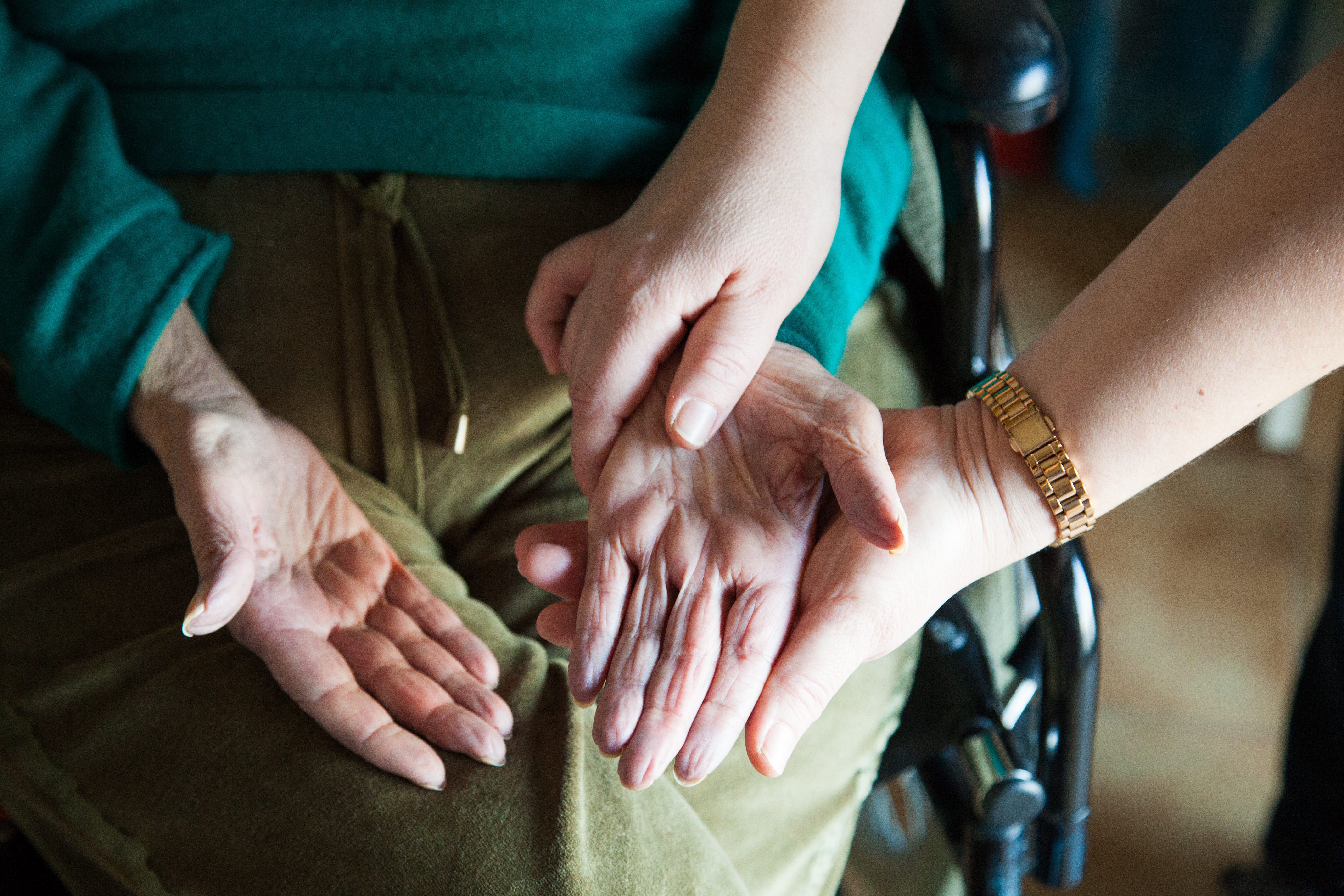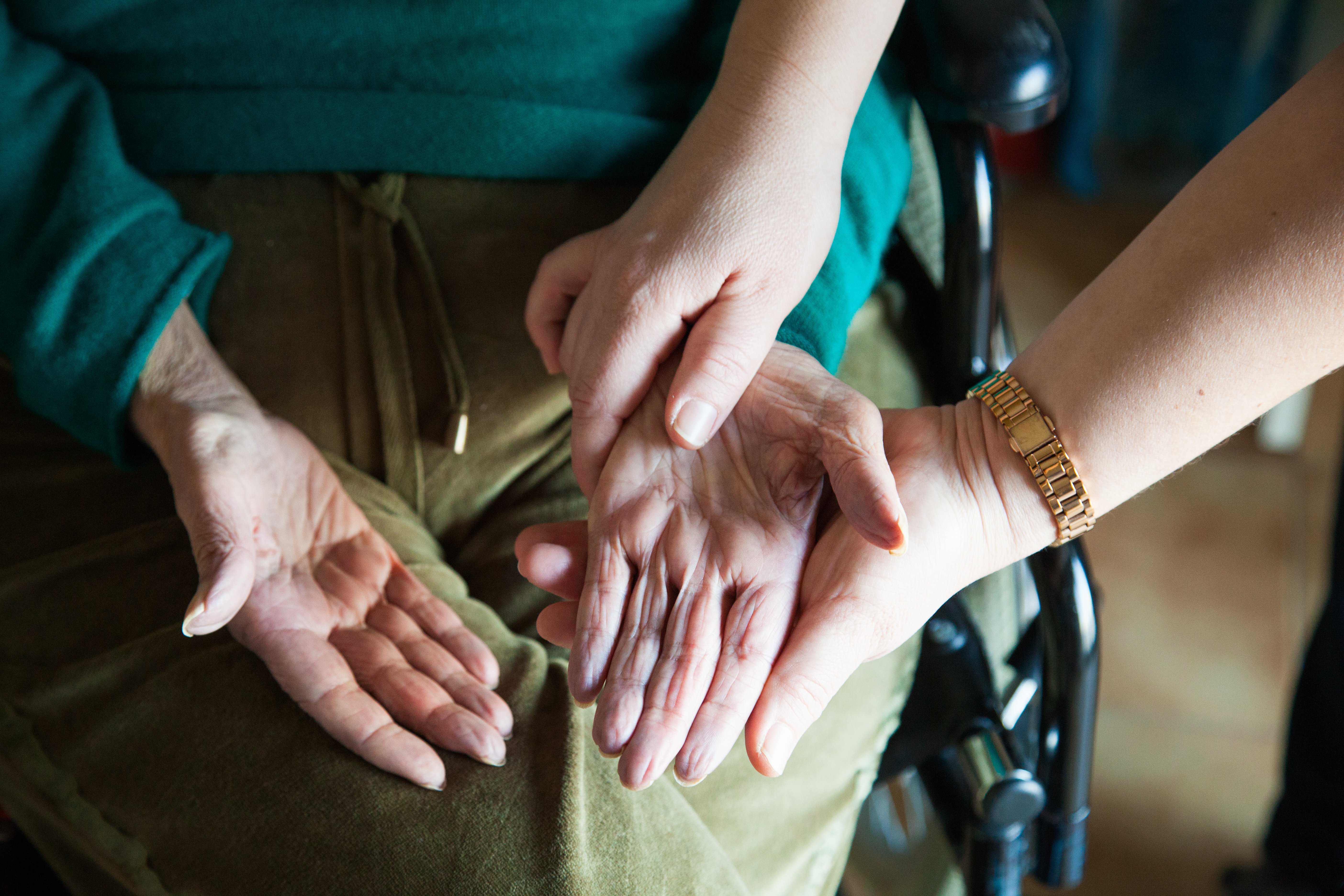Empathy Training and Skill Building Tools: The Key to Improving Hospice Care and Quality of Life for Patients and Families


Empathy training and skill-building tools are crucial for individuals involved in hospice care, whether they are professionals or family members. Hospice care is a specialized form of support designed to offer comfort and assistance to individuals nearing the end of their lives. It usually takes place in a home or hospital setting and requires a high level of empathy and compassion from those providing care.
Empathy in Hospice Care: Understanding and ConnectingEmpathy is the ability to understand and share the feelings of another person. In hospice care, empathy is fundamental for providing comfort and support to patients and their families. Here, we explore how empathy training can equip professionals and families with the skills needed to comprehend and respond to the emotional and physical needs of hospice patients.
Equipping Care Providers: Skill-Building Tools for Effective Care
For hospice care workers, skill-building tools such as communication training, problem-solving techniques, and stress management strategies are invaluable. These tools enable care providers to navigate the complex emotional and physical needs of patients and their families. Let's delve into how each of these tools can make a difference:
- Effective Communication: Communication training equips hospice care providers to communicate with patients and families effectively. It helps them to understand their needs and concerns, fostering a supportive environment.
- Problem-Solving: Problem-solving techniques assist care providers in handling challenging situations that may arise during hospice care. These tools help them find practical solutions to complex issues.
- Stress Management: Caring for patients nearing the end of life can be emotionally and physically taxing. Stress management techniques are essential for caregivers to cope with the emotional demands of their role.
Empowerment for Family Caregivers:
In hospice care, family caregivers often take on a significant role, providing the majority of care for patients. Empathy training and skill-building tools are equally beneficial for these family members. They enable caregivers to understand and respond to the emotional and physical needs of their loved ones, ensuring the best possible care in a home setting.
Benefits of Empathy Training and Skill-Building Tools:
Empathy training and skill-building tools offer numerous advantages for both professionals and families engaged in hospice care:
- Enhancing Quality of Life: By understanding and addressing the emotional and physical needs of patients, care providers can alleviate pain, and discomfort, and offer comfort during challenging times.
- Reducing Stress and Burnout: Caring for patients at the end of life can be emotionally and physically draining. These tools provide caregivers with strategies to manage stress and prevent burnout, leading to improved job satisfaction.
- Improving Communication and Collaboration: Empathy training and skill-building tools create a common language and approach for understanding and responding to patient needs. They facilitate better communication and collaboration among caregivers, fostering a more cohesive care team.
Empathy training and skill-building tools are indispensable for individuals involved in hospice care. These resources improve the quality of life for patients and their families, reduce stress and burnout among care providers, and enhance communication and collaboration within the caregiving team. By investing in these tools, we can provide better care for patients in the final stages of life and offer crucial support to their families during this challenging time.


%20(1).jpg)
